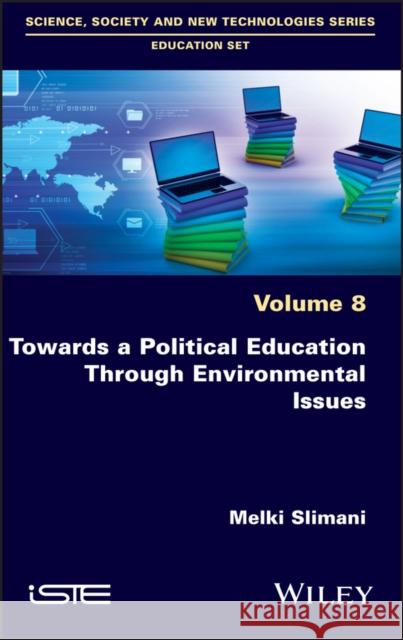Towards a Political Education Through Environmental Issues » książka
topmenu
Towards a Political Education Through Environmental Issues
ISBN-13: 9781786305886 / Angielski / Twarda / 2021 / 224 str.
Kategorie:
Kategorie BISAC:
Wydawca:
Wiley-Iste
Język:
Angielski
ISBN-13:
9781786305886
Rok wydania:
2021
Ilość stron:
224
Waga:
0.49 kg
Wymiary:
23.39 x 15.6 x 1.42
Oprawa:
Twarda
Wolumenów:
01
Dodatkowe informacje:
Glosariusz/słownik











